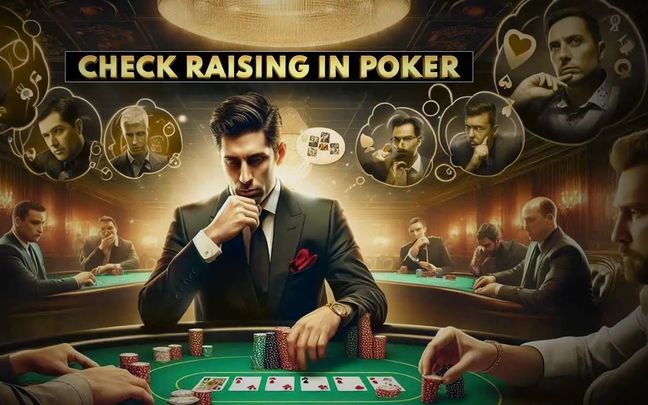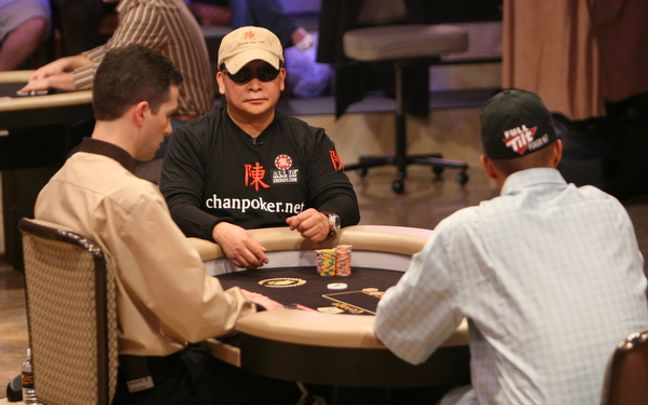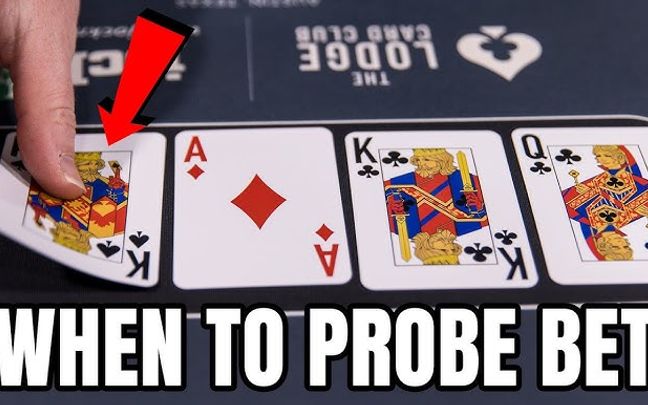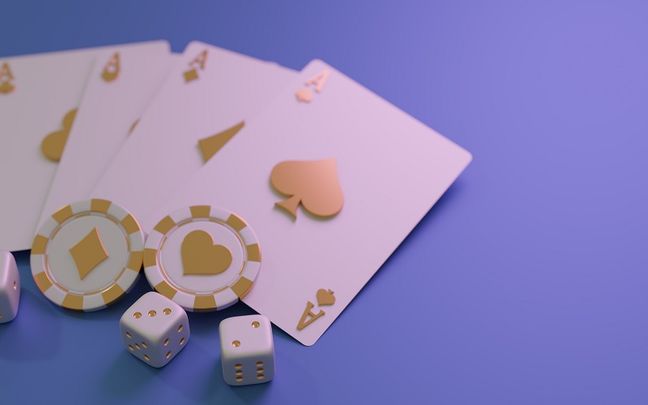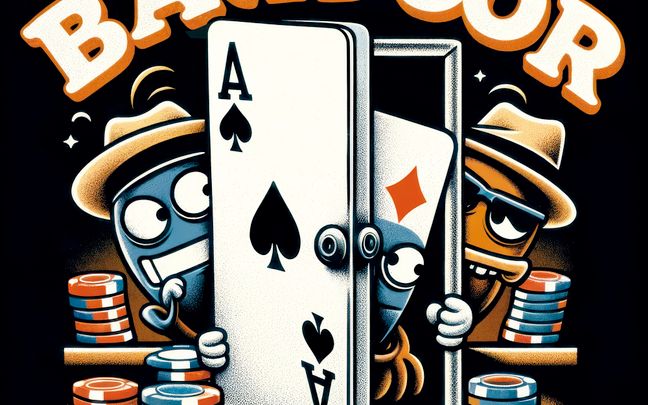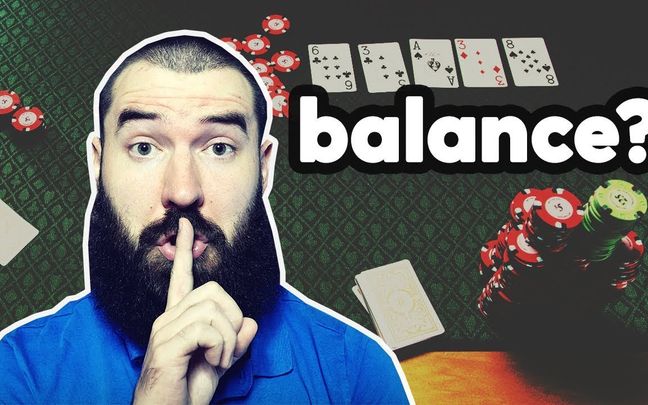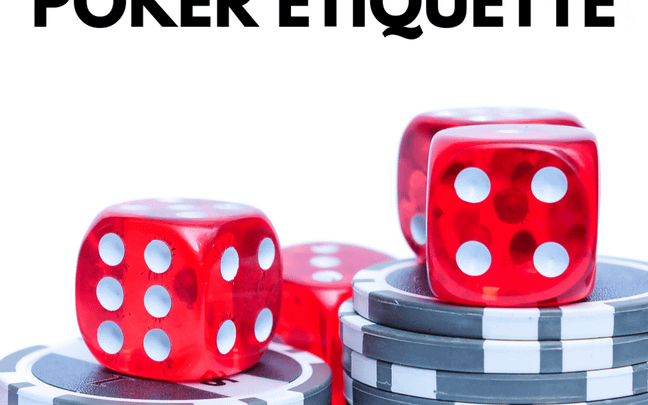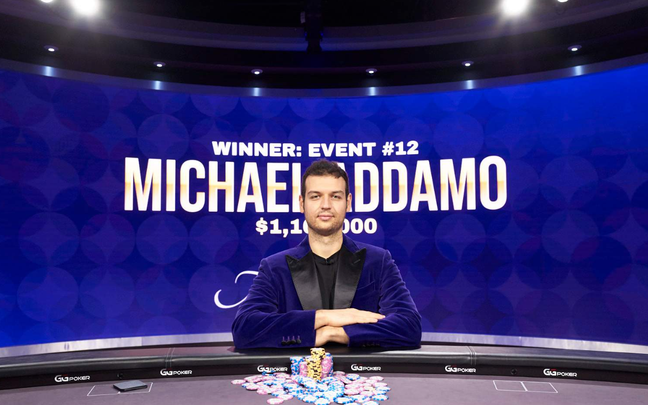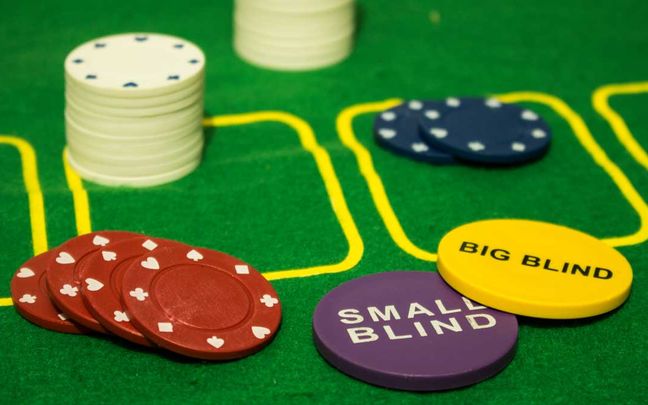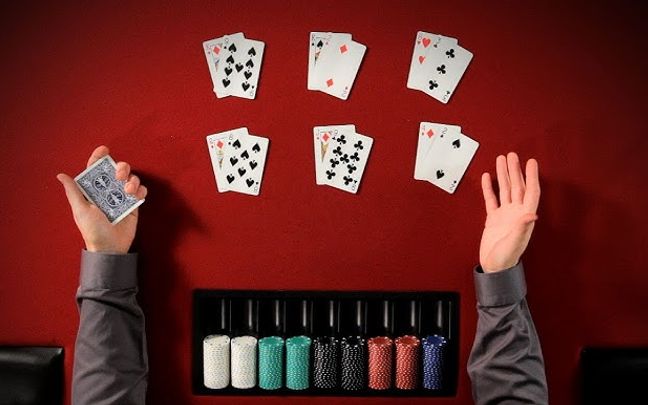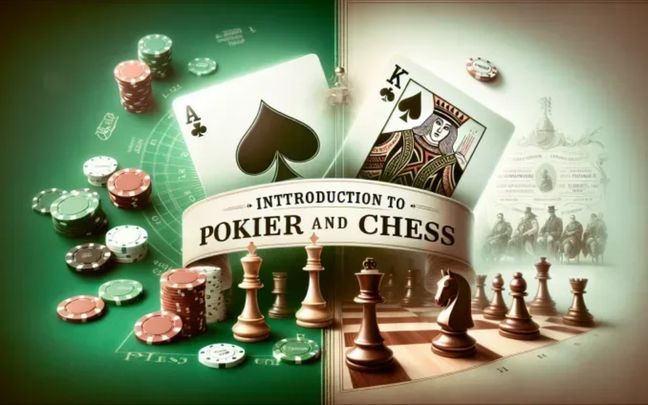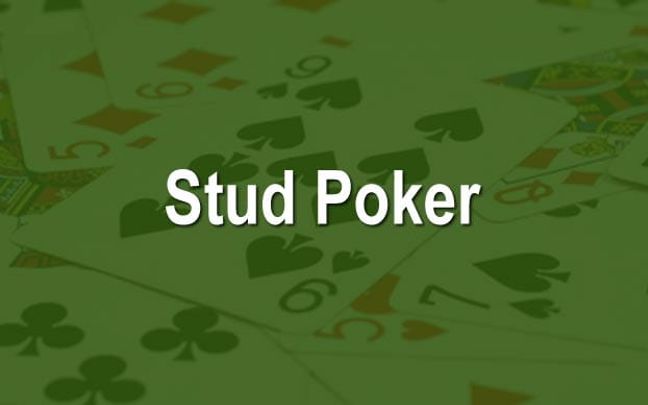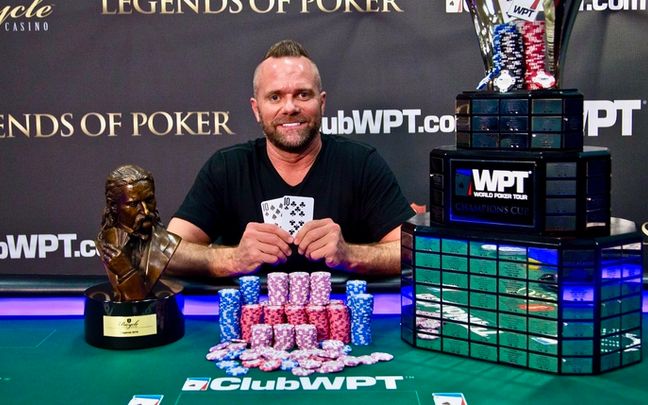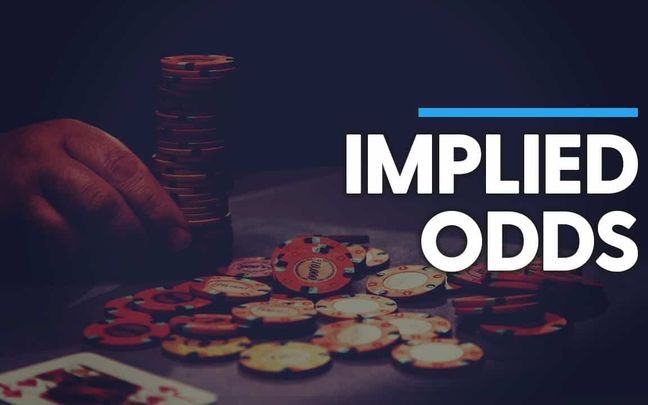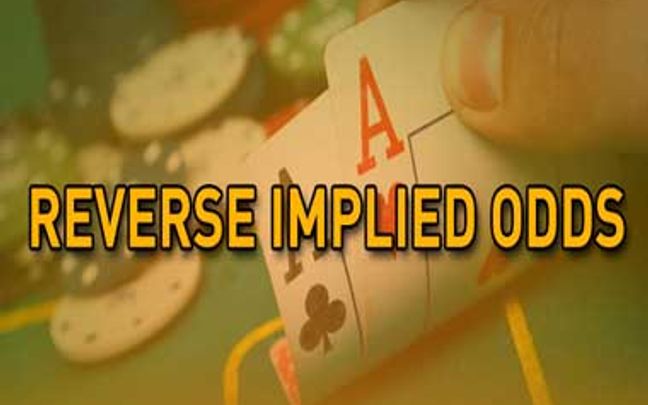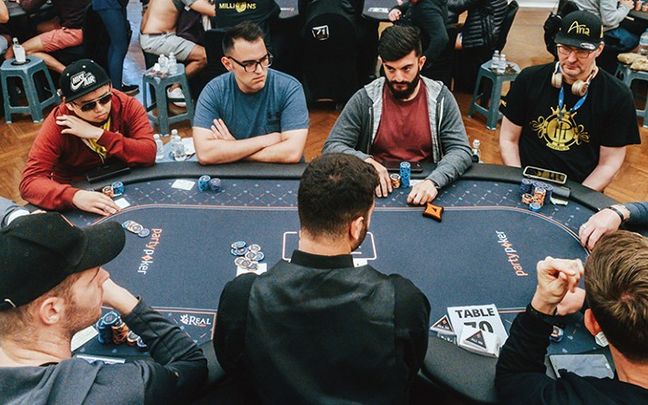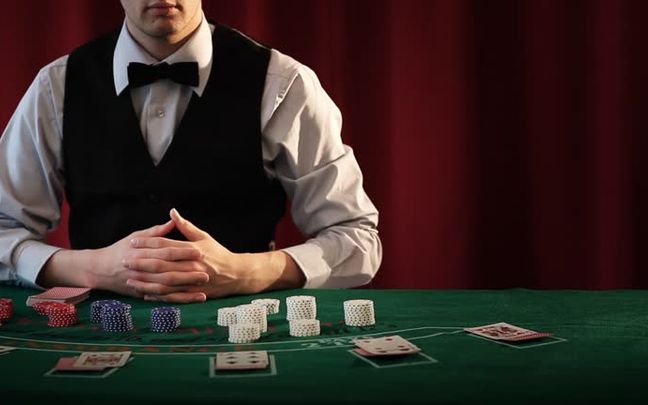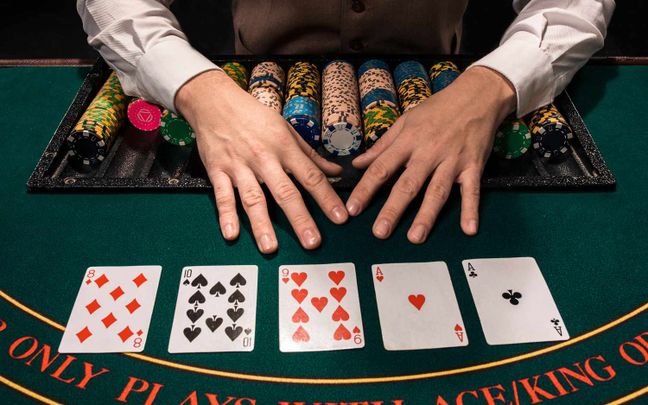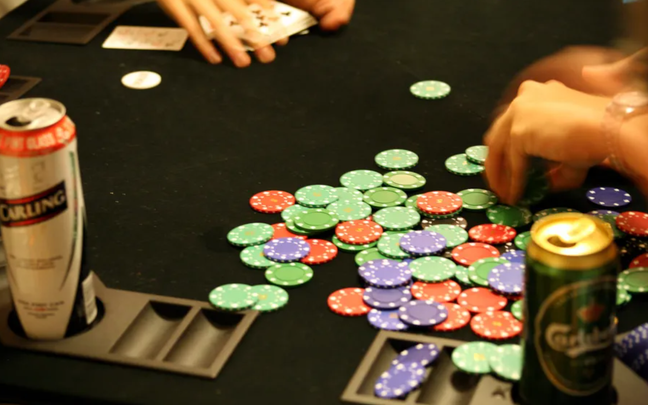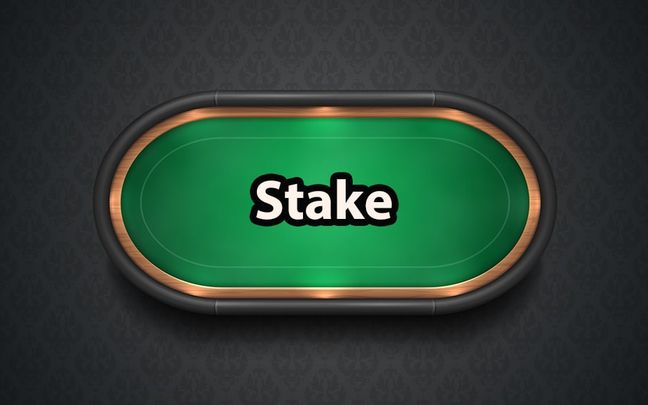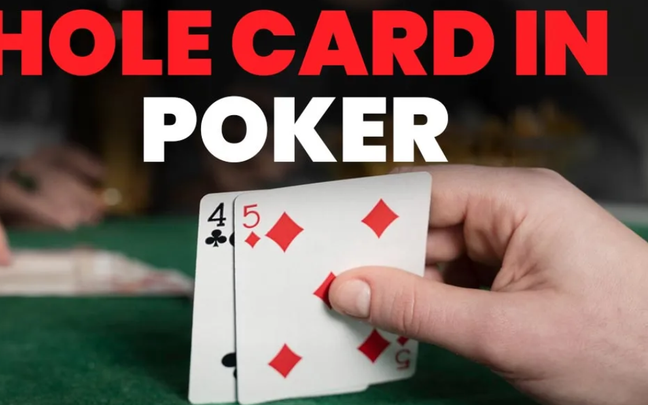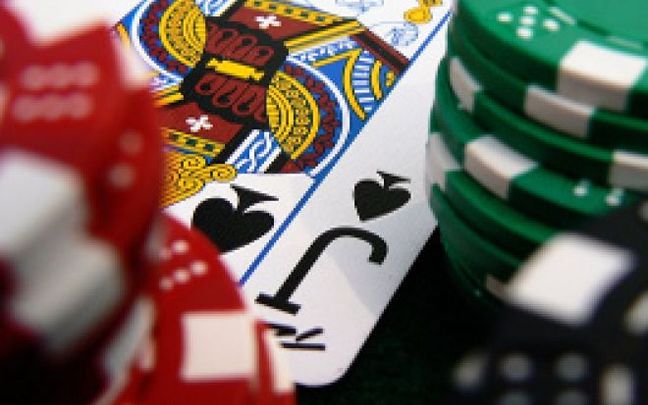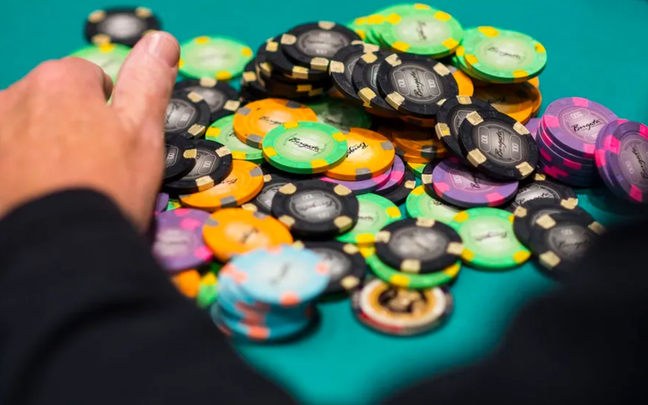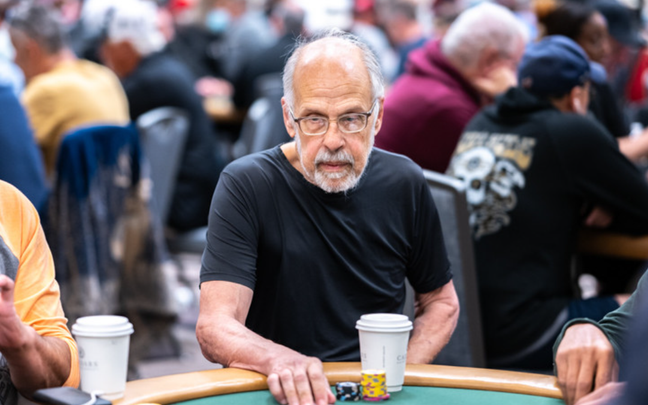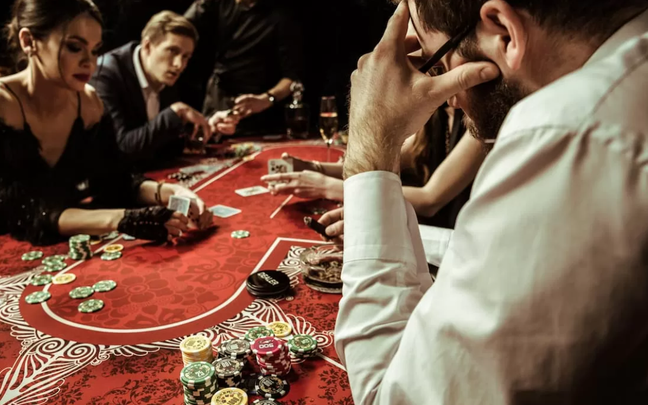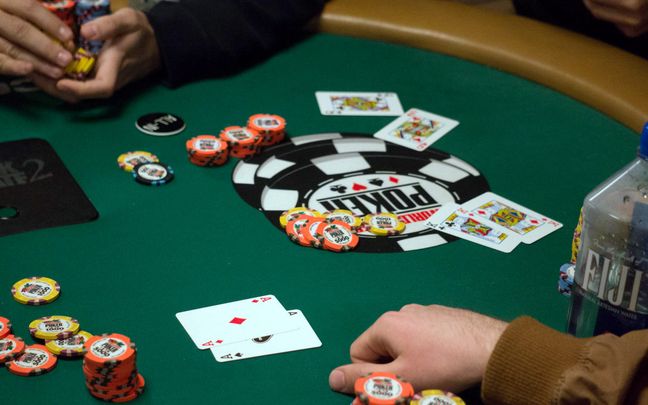Poker skills are the key factor determining your success in this intellectual game. Beyond luck, poker requires mastery of strategy, psychology, and effective bankroll management.
This article will guide you through the essential poker skills needed to become an outstanding player.
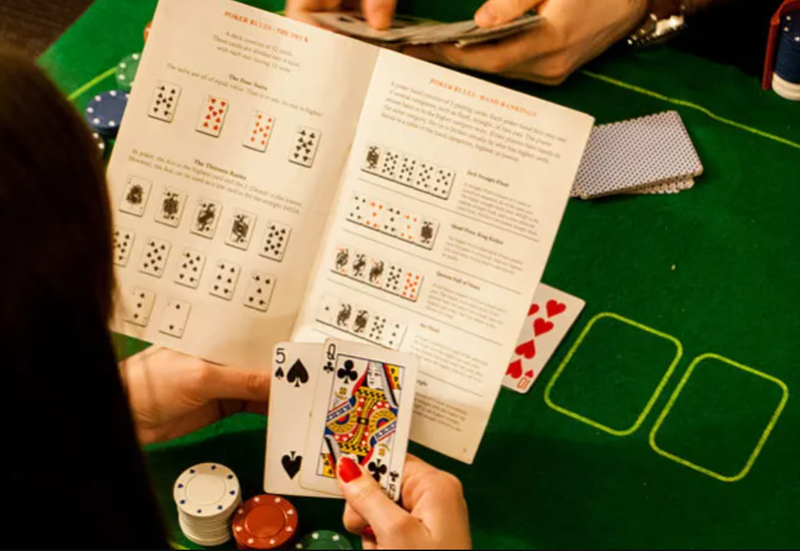
What Are the Essential Poker Skills?
Playing poker requires a mix of various skills, from basic knowledge of the game’s rules to the ability to read situations and opponents. To become a skilled player, especially in major events like the Poker Tour, honing multiple skills is crucial.
Below are the key poker skills essential for tournament success.
Mastering the Rules and Poker Variants
The first and most fundamental skill is thoroughly understanding poker rules. With numerous variations like Texas Hold'em, Omaha, and Seven-Card Stud, each has its unique rules.
In Poker Tour events, Texas Hold'em is the most common variant. Mastering the basics, including dealing methods, hand rankings, and betting structures, is essential for every player.
Bankroll Management
In long poker tournaments, managing your bankroll is crucial. Knowing how to allocate your funds helps you avoid going “bust” too early. Effective bankroll management maintains stability throughout the tournament and reduces the risks when encountering bad streaks.
Reading Opponents (Hand Reading)
One of the most advanced poker skills is reading opponents. This goes beyond observing the cards on the table and includes analyzing betting patterns, reactions to community cards, and decision timing.
By reading opponents accurately, you can anticipate their likely hands, allowing you to adjust your strategy accordingly.
Developing a Poker Strategy
A skilled player must use flexible strategies. In poker, two primary styles are often utilized: tight (playing fewer, stronger hands) and loose (playing more hands with increased risk). Depending on the opponent and stage of the tournament, switching between these styles optimizes your winning chances.
Bluffing is also crucial to your strategy, helping you gain an edge even when you lack a strong hand.
Emotional Control
Poker is a high-stakes, tense game that can sometimes lead to emotional decisions. Maintaining emotional control prevents previous losses or mistakes from affecting your current decisions.
Staying calm, patient, and composed is the key to making sound choices in every situation.
Observation Skills
Being observant of your opponents is essential. Small actions, such as how they handle their cards, their demeanor when betting, or unintentional “tells,” can provide valuable insights.
These cues help you understand their hands better, allowing you to adapt your play accordingly.
Calculating Probability and Pot Odds
Poker is a game of probabilities, and calculating odds is a required skill. Understanding the likelihood of drawing needed cards (outs) and assessing pot odds helps you decide whether to continue betting.
Skilled players rely on probabilities to make beneficial, long-term choices.
Patience and Discipline
Patience is a vital poker skill. You can’t always play aggressively; sometimes, you must wait for strong hands. Discipline prevents emotional decisions, helps avoid unfavorable bets, and reminds you when to fold to protect your bankroll.
Handling Pressure
In major tournaments, especially during the final rounds, pressure runs high. You must handle stress effectively to avoid hasty decisions, particularly when facing experienced opponents. Maintaining calm and sticking to your strategy is crucial in these moments.
Analytical Skills and Learning
Every hand offers valuable insights into how opponents play and react to situations. Skilled players constantly analyze past hands, learn from mistakes, and apply those lessons moving forward.
After each tournament, reflecting on your performance is an excellent way to gain new insights and improve.
Knowing When to Fold
One of the most important skills in poker is knowing when to fold. Winning isn’t always possible, and knowing when to let go prevents excessive losses. Skilled players don’t cling to weak hands; instead, they fold strategically to await better opportunities.
Poker requires more than luck; it’s a blend of skills from mastering the rules and bankroll management to reading opponents and controlling emotions. Success comes with continuous learning, practice, and developing these skills over time.
A skilled poker player combines technical ability with patience, discipline, and situational analysis, essential for reaching a professional level.
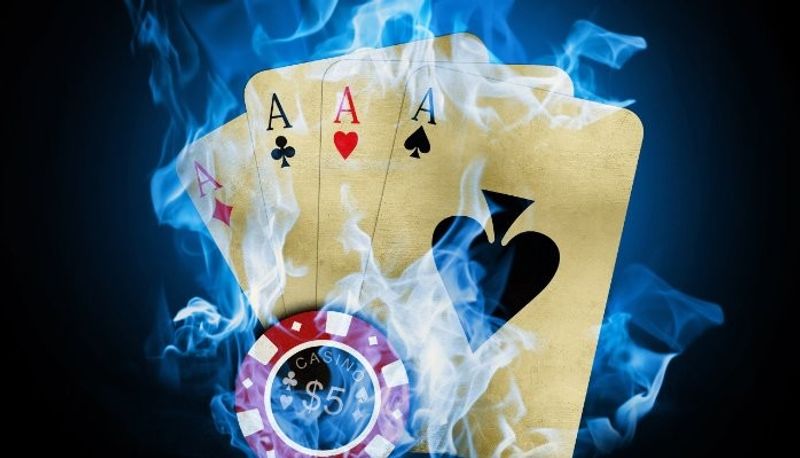
How to Improve Your Poker Skills
To improve your poker skills, you need not only regular practice but also a variety of learning methods and strategic enhancements. Here are ways to develop and enhance your poker-playing abilities.
Play Regularly and Practice Consistently
Playing poker frequently is the best way to sharpen your skills. Engaging in actual games helps you experience real-life situations, getting accustomed to various strategies and reactions from opponents.
Participate in smaller tournaments and online games to gather experience and learn from each hand.
Analyze and Evaluate Each Game
After every game, whether you win or lose, take time to review the decisions made by you and your opponents. Revisit situations where you could have played better or mistakes that need avoiding. This analysis helps you better understand your strategy and identify areas for improvement.
Learn from Resources
There are numerous books and instructional videos by top experts. Classic books like The Theory of Poker by David Sklansky or Harrington on Hold'em by Dan Harrington provide extensive knowledge on strategy and poker theory.
Video tutorials from sites like Run It Once, Upswing Poker, or PokerStars School are also valuable learning resources.
Watch Professional Matches
Watching professional poker matches, especially major tournaments like the World Series of Poker (WSOP) or World Poker Tour (WPT), is an excellent way to observe top players’ strategies. You can learn complex techniques they use to handle difficult hands and apply these to your own style.
Play Against Stronger Opponents
One of the quickest ways to improve your skills is by playing with opponents stronger than you.
Facing more skilled players reveals weaknesses in your strategy, forcing you to adapt, adjust, and improve.
Develop Mathematical and Probability Skills
Poker relies heavily on probability, making math skills essential. Learn how to calculate pot odds, outs, and expected value (EV) to know when to call or fold. Understanding these basic ratios helps you make rational decisions, increasing your chances of long-term success.
Join a Poker Community
Engaging with poker communities on forums, Facebook groups, or local poker clubs gives you the opportunity to exchange and share experiences with fellow enthusiasts. This is a great environment for learning from others, listening to analysis from experienced players, and receiving objective feedback on your strategies.
Train Emotional Control Skills
Poker is a game of psychology, so emotional control is crucial for better play. Train yourself to remain calm under pressure and avoid letting “tilt” (anger or frustration) affect your decisions.
Always remember that one bad hand doesn’t mean failure; patience and waiting for better opportunities are key.
Enroll in Online Poker Courses
There are numerous online poker courses, from beginner to advanced levels, taught by top poker experts. These courses provide not only theoretical knowledge but also practical guidance through real-life scenarios, helping you comprehensively improve your poker skills.
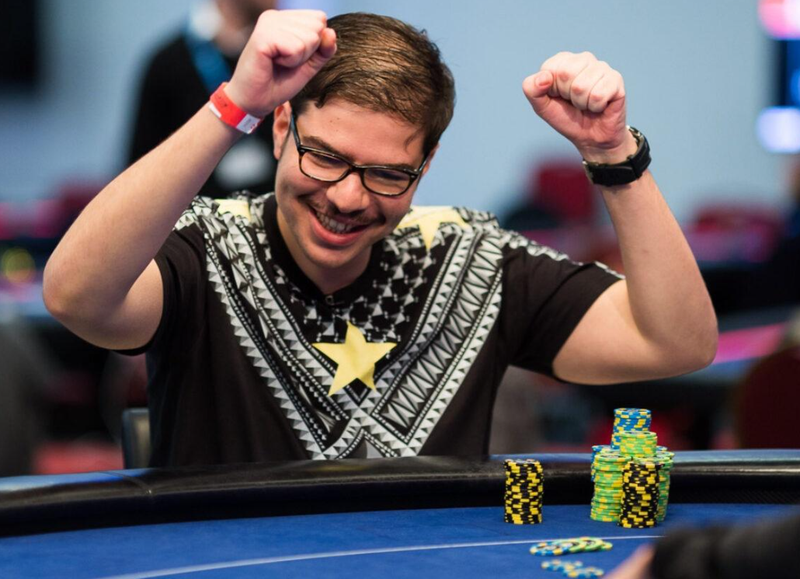
Improving your poker skills is a long process that requires patience and continuous learning. By combining regular play, learning from quality resources, and developing both psychological and mathematical skills, you will gradually refine your gameplay.
Facing strong opponents and learning from your failures are also key factors that will help you become a better poker player.
